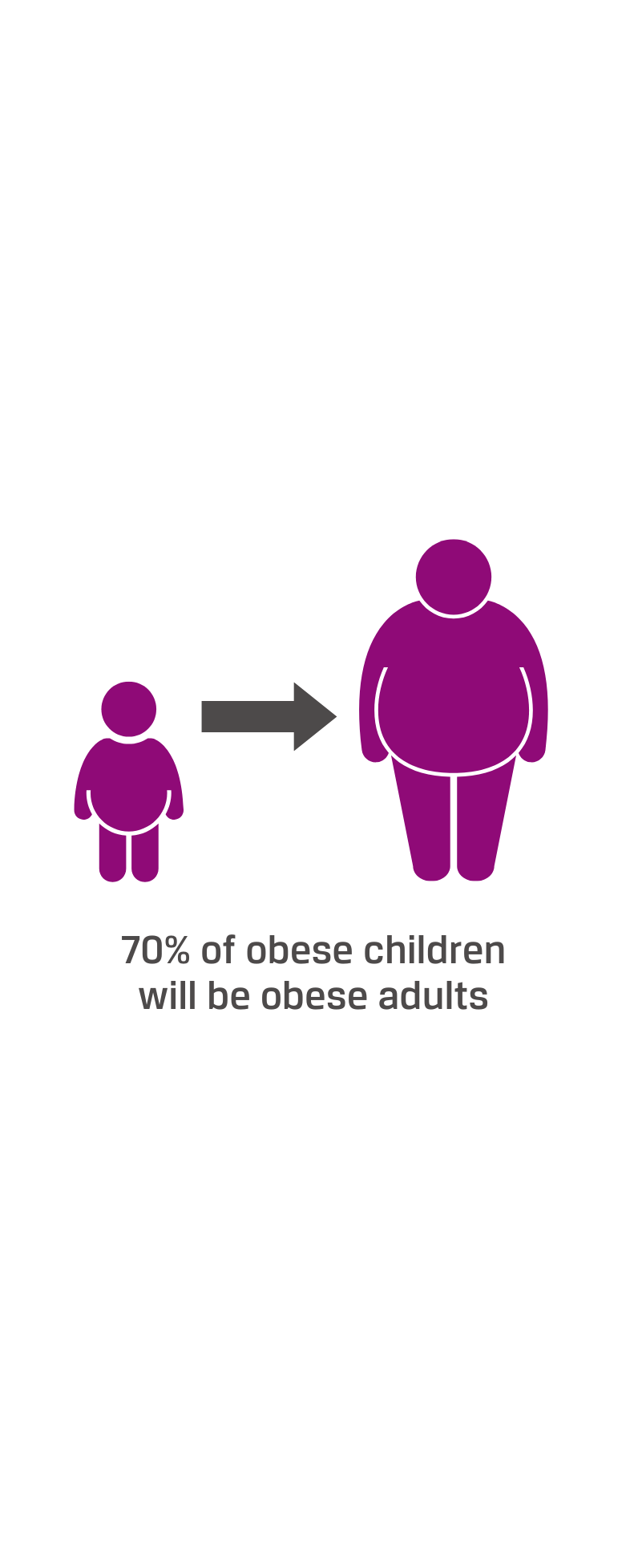The phenomenon of childhood obesity has become a haunting specter over American society, conjuring images of pediatric patients burdened not merely by their weight, but by societal indifference. Recent reports signal a disconcerting plateau in childhood obesity rates, but is this stagnation a cause for celebration or an indication of deeper systemic failures? This inquiry examines the layers beneath the superficial numbers, delving into societal complicity, cultural attitudes, and the insidious grip of the food industry. What lies beneath the surface of a static statistic, and why should society be inclined to dig deeper?
At first glance, the lack of incremental increases in obesity rates might appear to herald progress. After all, the rising tide of childhood obesity has continuously sparked national conversations about health, nutrition, and public policy. However, we must interrogate the notion of progress. A standstill can easily be misconstrued as a victory when, in actuality, it may signify a troubling stagnation in addressing the underlying factors contributing to this crisis. Dissecting the issue reveals a multifaceted predicament that extends well beyond the confines of individual responsibility and parental oversight.
One must consider the systemic structures that foster childhood obesity. The landscape of food accessibility plays an instrumental role in shaping dietary habits. In numerous communities, particularly in marginalized neighborhoods, children are continuously exposed to an abundance of calorie-dense, nutrient-poor food options. This is not merely an issue of personal choice; it is an indictment of a capitalist system that prioritizes profit over health, creating a veritable “food desert” where wholesome options are scarce. How can we expect parents to instill healthy eating habits when the very avenues to quality nutrition are systematically barricaded?
The food industry’s influence extends far beyond distribution. Powerful corporations wield an unassailable sway over marketing practices, shaping perceptions from a tender age. Brightly packaged sugary cereals, fast food mascots, and seductive advertising campaigns bombard children daily, embedding unhealthy preferences into their psyches. The cultural narrative espoused by these corporations is insidious; it instills the faulty belief that pleasure and nutrition are mutually exclusive. When children are inundated with such messages, how can we lay the blame solely at the feet of parents? It is imperative that we acknowledge the broader socio-economic narratives at play.
Beyond the capitalist machinations of food corporations lies the pervasive stigma surrounding weight and body image. This stigma, often perpetuated by media portrayals, breeds a culture of shame that can have profound psychological repercussions on children. As they navigate through their formative years, children grappling with obesity may internalize societal prejudices, leading to poor self-esteem and emotional distress. Rather than cultivating an environment of acceptance and support, culture frequently categorizes bodies into rigid binaries of “acceptable” and “unacceptable.” This toxic narrative not only alienates those who struggle with weight but also distracts from the more crucial conversations surrounding health, wellness, and societal structures.
The interplay of genetics and environmental factors further complicates the discussion. Research continually suggests that childhood obesity is not merely a consequence of poor lifestyle choices but is influenced by a plethora of external factors, including socio-economic status, peer influence, and educational disparity. Children raised in low-income households may face greater barriers to accessing health information and opportunities for physical activity, creating a cycle of disadvantage that is difficult to escape. Thus, reducing the conversation to notions of willpower or parental oversight fails to encapsulate the true nature of the crisis.
Furthermore, the impact of the COVID-19 pandemic offers a sobering reminder of how swiftly circumstances can shift. As schools transitioned to remote learning, many children experienced reduced opportunities for physical activity and social interaction, exacerbating the existing issues with weight. The emotional and psychological implications of pandemic-induced isolation cannot be overlooked; children were uprooted from their routines and thrust into a new norm marked by uncertainty. There has been a noticeable uptick in mental health challenges during this period, which directly correlate with unhealthy coping mechanisms such as emotional eating. The pandemic highlighted that childhood obesity is not merely a clinical diagnosis but is inextricably linked to broader societal health crises.
In light of these observations, the standstill in childhood obesity rates may epitomize a complex tapestry of inertia. It serves as a clarion call for society to reevaluate its approach to health education, food policy, and community support systems. Rather than reveling in stagnation, there should be a concerted effort to understand why progress has stagnated and what it means for future generations. We must demand accountability not just from parents but also from policymakers, educators, and corporations alike.
Ultimately, the conversation surrounding childhood obesity must pivot away from superficial solutions. The fixation on individualistic approaches risks perpetuating a cycle of blame, while systemic injustices continue to thrive. To truly address childhood obesity, society must foster environments that promote healthful choices, equitable access to resources, and comprehensive education on nutrition and body positivity. Recognizing the interconnectedness of these issues is paramount if we aspire to make tangible changes. Until these deeper reasons are unpacked and understood, the standstill in childhood obesity rates will remain a troubling testament to societal complacency.
